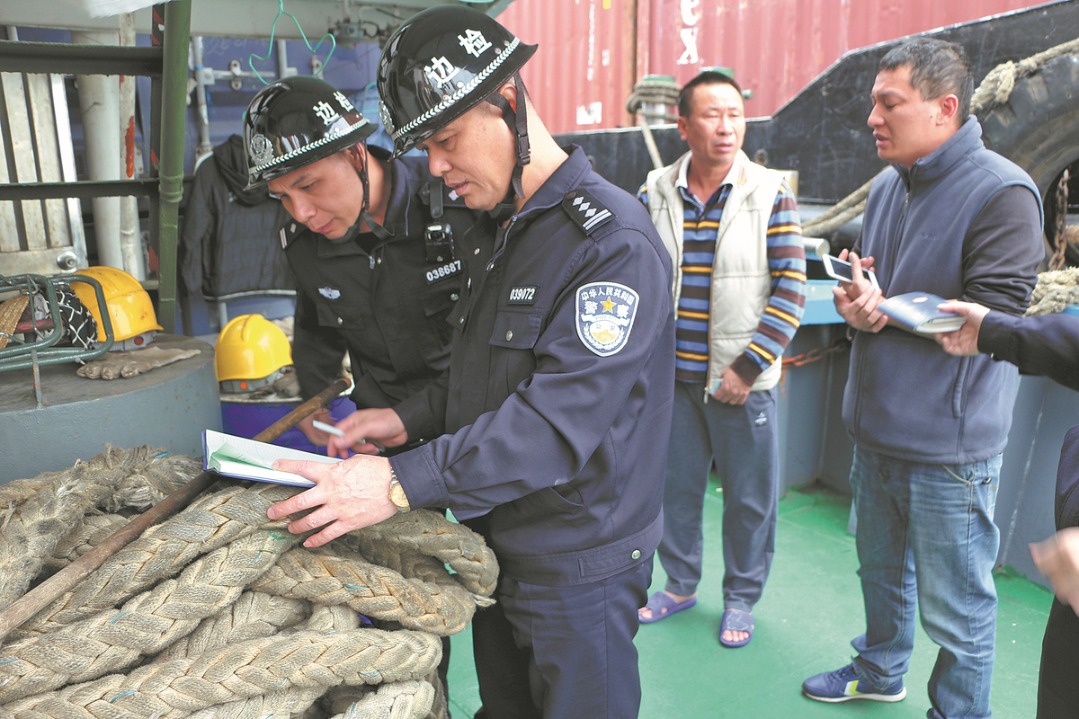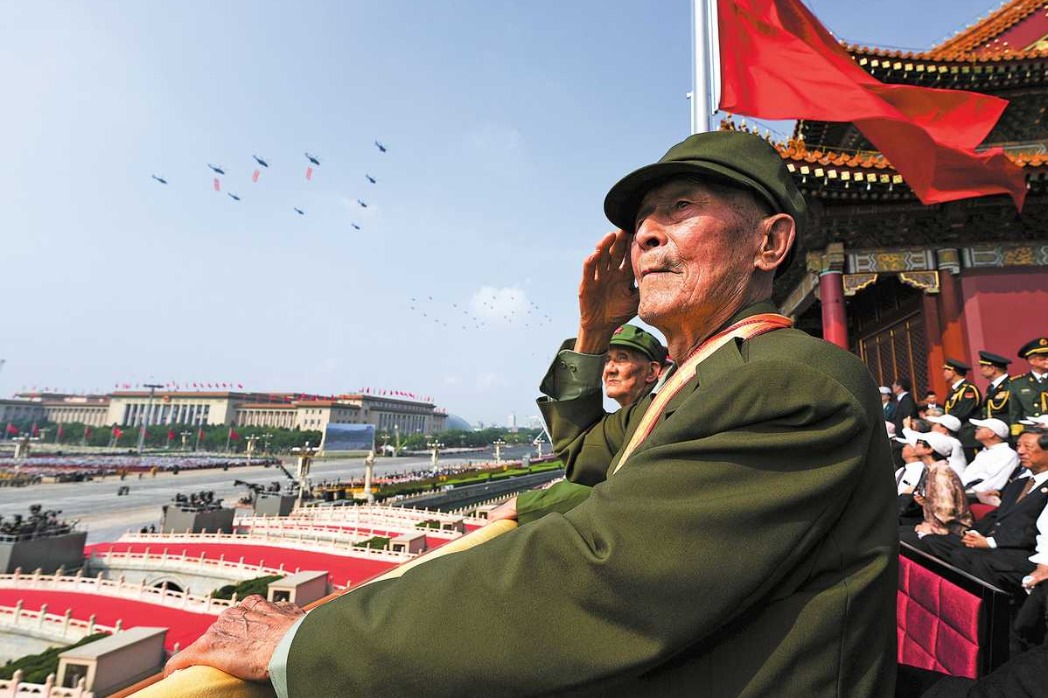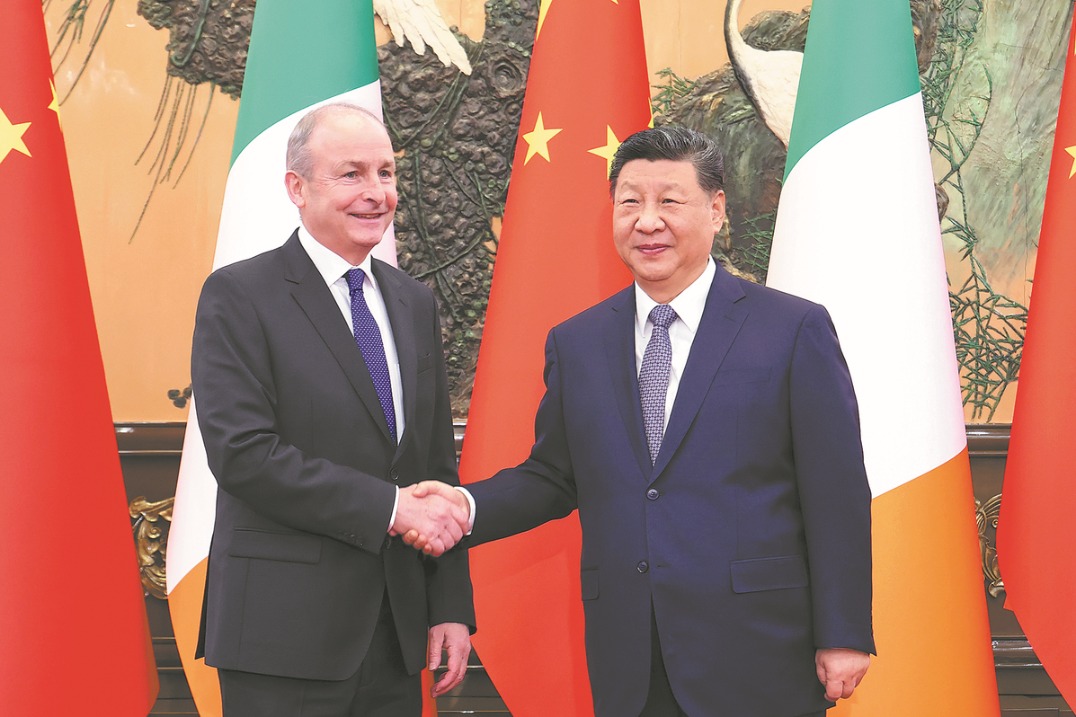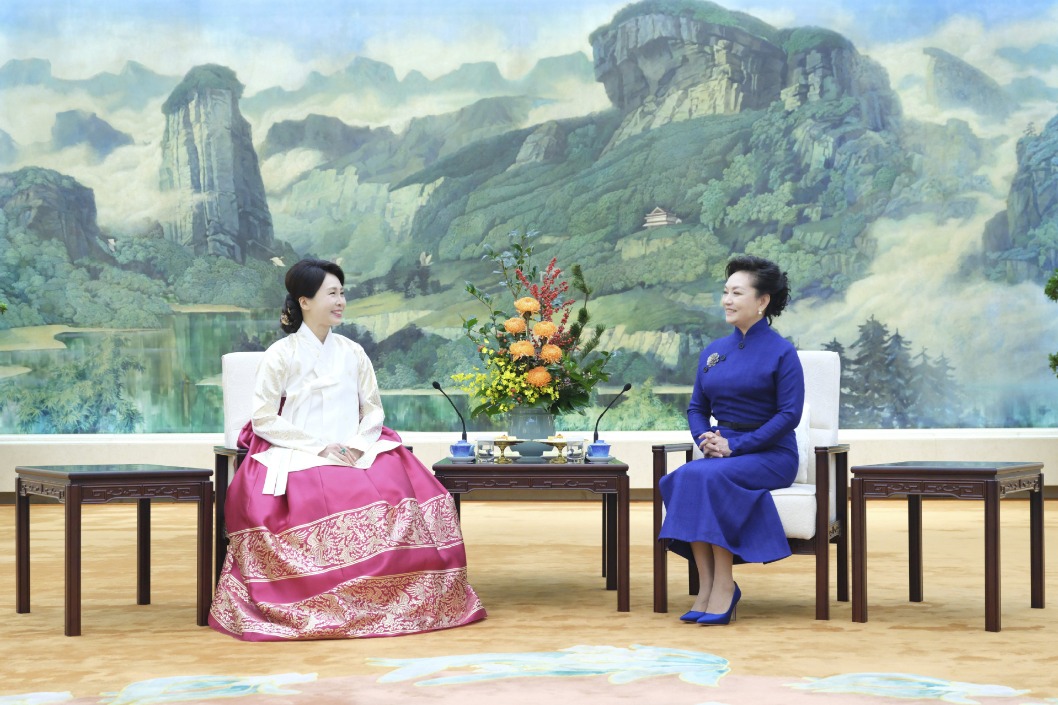'Fruit of victory' UK deal untenable 'template'

The US government announced that it had signed a trade deal with the United Kingdom on Thursday. Its first. Although the deal, which can only be called a framework document, was packaged as a "fruit of victory" for the United States' tariff policy, its actual impact may be very limited.
The two countries did not sign any physical document that day. The White House admitted that the final details of the deal have not yet been formed. The Keir Starmer government of the UK also said that the details of the deal still need to be "finalized".
In essence, it is closer to a "political declaration" made by the US administration to claim its ill-advised tariff policy is rational and thus stabilize market confidence at home.
According to UK media reports, although the US has made some concessions on tariffs on imported cars, steel and aluminum from the UK, it has sustained a 10 percent base tariff on most other goods imported from the UK.
So the US administration's exaggerated self-praise of its tariff policy will only further aggravate its own credit crisis.
Not only that, the agreement also contains measures targeting China in the UK's supply chains. According to UK media reports, in the agreement, the US side set strict so-called security clauses for sectors such as steel and pharmaceuticals, requiring the relevant UK industries to meet the US' requirements for supply chain security and ownership of production facilities as soon as possible in order to obtain exemptions or preferential policies for US tariffs.
Although on the surface this clause applies to all third countries, according to UK officials' disclosure to the media, the US is actually targeting China.
Therefore, the move by the US administration is essentially a further escalation of the US' long-term policy of restricting China's participation in the global supply chains of strategic commodities.
Washington hopes that the UK and other countries will disclose key information on their trade, industry, technology and research and development, and eventually cut off economic and trade ties with China, especially in sensitive areas such as steel.
The White House declared that the trade agreement with the UK is likely to become a template for other countries that want to reach a trade agreement with the US, making clear that its aim is to exclude China from key supply chains, and coerce allies to reduce trade and investment cooperation with China in certain areas earmarked by the US.
The UK should be clear that if the final deal between it and the US shows that in exchange for tariff exemptions, it has further echoed the US' position on trade with China, as some observers warn, China is likely to retaliate in some form.
Regarding the unreasonable tariff policy of the US, China's position remains consistent. Whether the US wants to continue the trade fight or to talk, China's determination to safeguard its own development interests will not change, and its position and goal of defending international fairness and justice and maintaining the international economic and trade order will not change.
China will keep its door open for talks, but any dialogue and negotiation must be carried out on the premise of mutual respect, equal consultation, and mutual benefit.
No matter how the international situation changes, China will always remain steadfast in expanding its opening-up, firmly upholding the multilateral trading system with the World Trade Organization at its core, and actively share its development opportunities with all like-minded countries in the world.


































